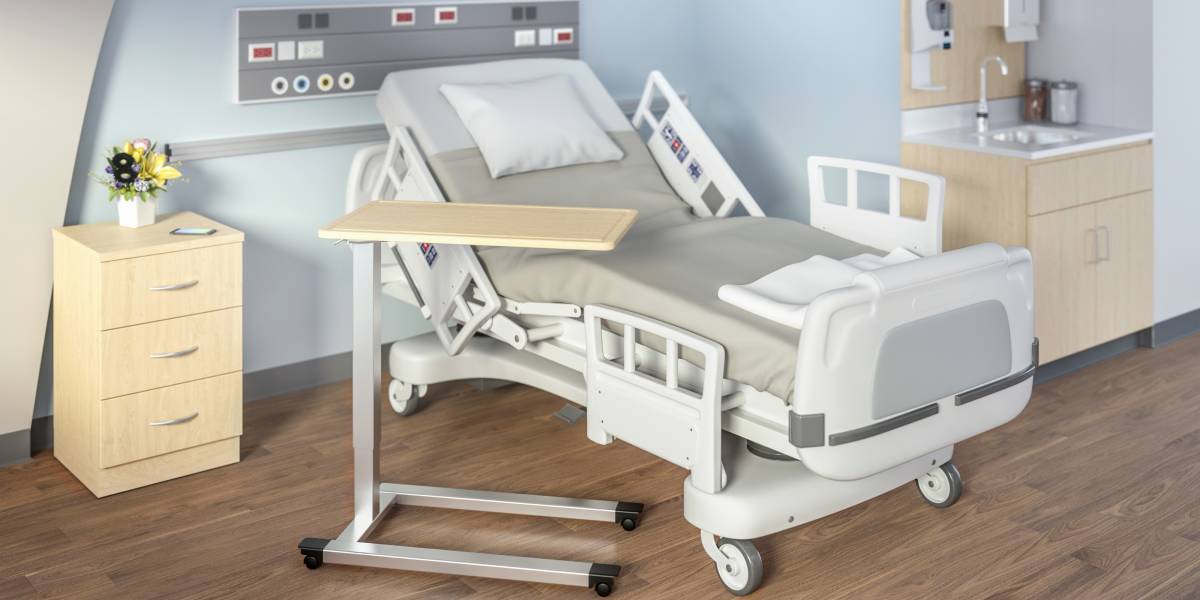The Importance of Examination Tables in Healthcare
Examination tables are a fundamental component of healthcare facilities, serving as a crucial platform for medical assessments and examinations. These specialized tables play a pivotal role in ensuring patient comfort, safety, and the overall efficiency of healthcare services. In this article, we explore the significance of examination tables in various medical settings.
1. Design and Features:
Examination tables are designed with precision to accommodate the diverse needs of medical professionals. From adjustable height and reclining features to specialized sections for different examinations, these tables are equipped with a range of features to enhance patient care and streamline medical procedures. The ergonomic design ensures ease of use for healthcare providers while prioritizing patient comfort.
2. Patient Comfort and Dignity:
One of the primary considerations in the design of examination tables is patient comfort. These tables provide a stable and comfortable surface for patients during examinations, contributing to a positive healthcare experience. Additionally, they are designed to uphold patient dignity by ensuring privacy during sensitive procedures and offering solutions for modesty and draping.
3. Versatility in Medical Specialties:
Examination tables are not one-size-fits-all; they are tailored to meet the specific requirements of different medical specialties. Gynecological examination tables, for instance, are equipped with stirrups for women’s health examinations, while other tables may have attachments for orthopedic assessments. The versatility of these tables makes them indispensable in various medical fields.
4. Infection Control and Hygiene:
Maintaining a sterile environment is crucial in healthcare settings. Examination tables are designed with materials that facilitate easy cleaning and disinfection, helping to prevent the spread of infections. This focus on hygiene is essential for patient safety and is a key consideration in the design and selection of examination tables in healthcare facilities.
5. Accessibility and Inclusivity:
Modern examination tables prioritize accessibility to accommodate patients with diverse needs. Adjustable height features enable healthcare providers to cater to patients of varying sizes and mobility levels. This commitment to inclusivity ensures that all individuals, regardless of physical abilities, can receive quality healthcare without compromising their comfort or the efficiency of medical examinations.
6. Technological Integration:
Advancements in medical technology have led to the integration of electronic and digital components into examination tables. Some tables feature built-in electronic controls for height adjustment, while others may include ports for medical devices such as ultrasound machines or diagnostic tools. This technological integration enhances the efficiency of medical examinations and contributes to the seamless flow of information in healthcare settings.
7. Considerations in Selection:
When healthcare facilities choose examination tables, several factors come into play. Durability, ease of maintenance, and adherence to industry standards are essential considerations. Facilities may also take into account the specific needs of their patient population and the range of medical services offered, ensuring that the chosen examination tables align with their unique requirements.

8. The Role in Preventive Healthcare:
Examination tables play a critical role in preventive healthcare by providing a platform for routine check-ups, screenings, and early detection of potential health issues. Regular examinations conducted on these tables enable healthcare providers to monitor patients’ health, identify risk factors, and implement preventive measures, contributing to the overall well-being of the population.
9. Future Trends in Examination Table Design:
As technology and healthcare practices continue to evolve, the future of examination tables holds exciting possibilities. Innovations may include enhanced patient monitoring capabilities, integration with virtual health platforms, and further customization to meet the specific demands of emerging medical specialties. The continuous evolution of examination table design reflects the dynamic nature of the healthcare industry.
10. Global Impact and Accessibility:
The importance of examination tables extends beyond individual healthcare facilities; it has a global impact on healthcare accessibility. In underserved regions, where medical resources may be limited, examination tables become crucial tools for basic healthcare provision. Initiatives aimed at improving global health often involve the provision of proper medical infrastructure, including examination tables, to ensure that communities worldwide have access to essential healthcare services.
11. Patient-Centered Care:
The shift towards patient-centered care in the healthcare industry emphasizes the importance of considering the patient’s experience. Examination tables, with their focus on comfort, dignity, and inclusivity, align with this philosophy. By prioritizing the patient’s perspective, healthcare providers can foster trust, improve communication, and ultimately enhance the overall quality of care delivered during medical examinations.
Conclusion:
In conclusion, examination tables are foundational elements in healthcare settings, facilitating a wide range of medical examinations and contributing to the well-being of patients. Their design, features, and versatility make them indispensable tools for healthcare providers across various specialties. As healthcare evolves, so too will the role and design of examination tables, ensuring that they continue to meet the dynamic needs of both healthcare professionals and the patients they serve. The ongoing commitment to innovation and patient-centric care ensures that examination tables remain vital components in the delivery of high-quality healthcare around the world.
Examination tables are indispensable tools in healthcare, providing a foundation for medical examinations, promoting patient comfort, and contributing to the overall efficiency of healthcare services. As technology continues to advance, these tables will likely evolve to meet the ever-changing needs of the healthcare industry, ensuring that patients receive the highest standard of care while healthcare providers can perform their duties with precision and ease.

